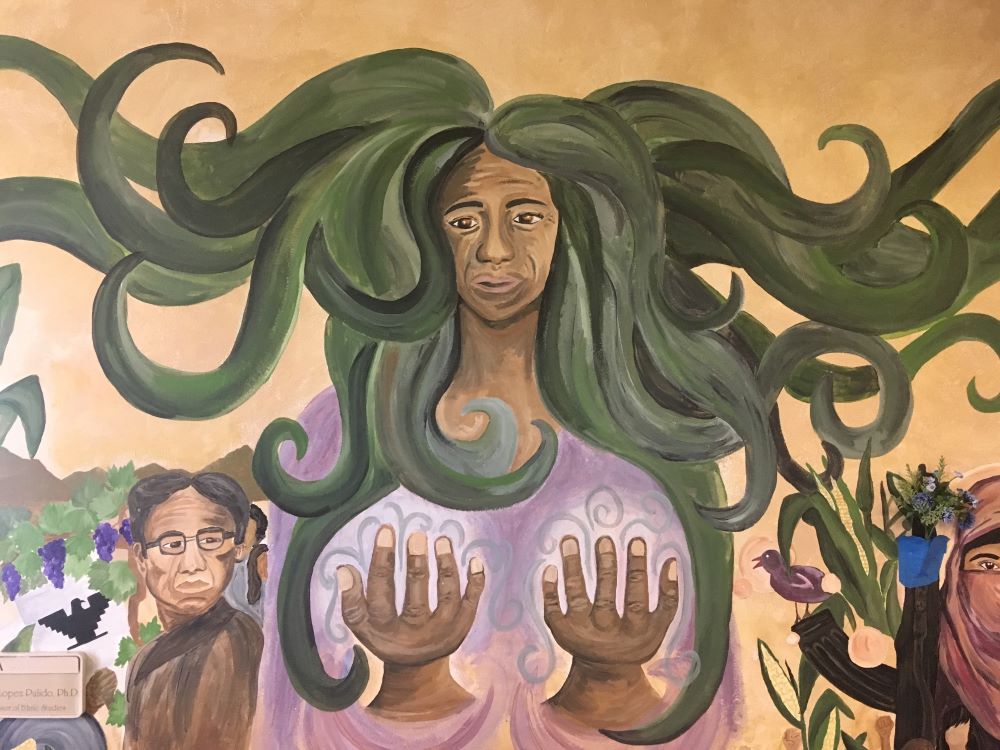Files
Download Full Text (12.3 MB)
Course
ETHN 250: Introduction to Asian American Studies
Publication Date
Fall 2020
Disciplines
Asian American Studies | Ethnic Studies
Description, Abstract, or Artist's Statement
Throughout the past semester, our group has read books, interpreted art and propaganda, and grappled with ideas from scholars on the topic of Asian American immigration and assimilation into the society of the United States. The zines that were created in response to these different forms of media discuss this process of immigration and inclusion as a slow, ongoing process that began with Chinese immigrants in the late 19th century. They also investigate this historical process through a lens of prejudice and racism in our country as a result of global geopolitical events, such as the Vietnam War or the Philippine-American War. From these zines, we hope that you, as the reader, will have not only more context with which to understand these issues, but a familiarity with them so that, if you encounter this same form of prejudice in your life, you can educate others to stop its spread. As a group, we want our readers to, as a main takeaway, have a deeper understanding of the historical framework for Asian American immigration and the corresponding attitudes and obstacles that these people encountered upon immigrating into the U.S. From this understanding, we want the reader to recognize how it began, why it has persisted, and that it is still a problem within our communities. Even though the Asian, as a stereotype, has become a “model minority,” there are many people who see these immigrants and citizens on the outskirts of mainstream society where they should be left. Through interacting with the information presented in our zines and by learning from it, our readers should have a level of understanding that makes them capable of combating these harmful ideas. In the current geopolitical climate, the education of people on racism, prejudice, and exclusion of ethnic minority groups is more important than ever. In the wake of the BLM movement within the United States and the global pandemic, there is tension and anger coursing through communities everywhere. Friends have turned against friends and groups within our country now stand against each other. Many people blame the Asian countries and their people for the start and spread of the novel Coronavirus, COVID-19, and with this blame they have also attached anger and fear. Sadly, these ideas have reached and affected people as powerful as the President of the United States. Clearly, this is an issue worth investigating and correcting. We must now work harder than ever to overcome these hurdles as a nation and, recognize our fellow Americans as: our neighbors, our friends, and our family rather than as an “other” who we should fear and hold at an arm’s distance. We cannot stand idly by as racism has resurfaced in our cities, and resulted in the targeting of people who are in the most need of help because they have already been pushed to the margins and fringes of society. It is up to each of us to mend the break in sympathy and empathy and begin to include everyone equally. As a group, we hope that the information presented within this portfolio will help give readers a platform from which to educate themselves and others on how to accomplish the ever-important task of equity, respect, and inclusion for all people.
Digital USD Citation
Jefferies, Annabelle; Police, Ben; Evenson, Jack; and Stiker, Sam, "From the Yellow Peril to the Model Minority: A History of Asian American Immigration" (2020). Ethnic Studies Student Zines. 6.
https://digital.sandiego.edu/ethn-zines/6



